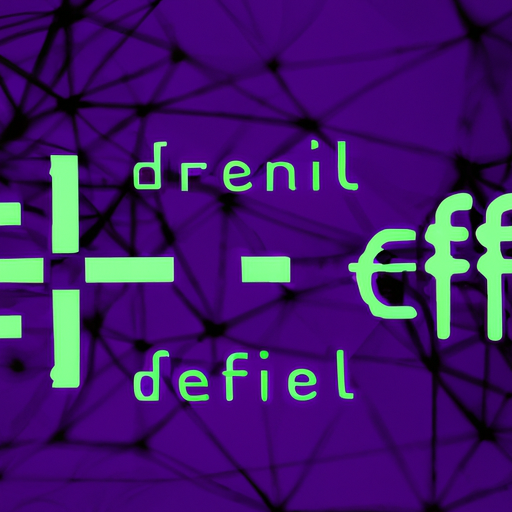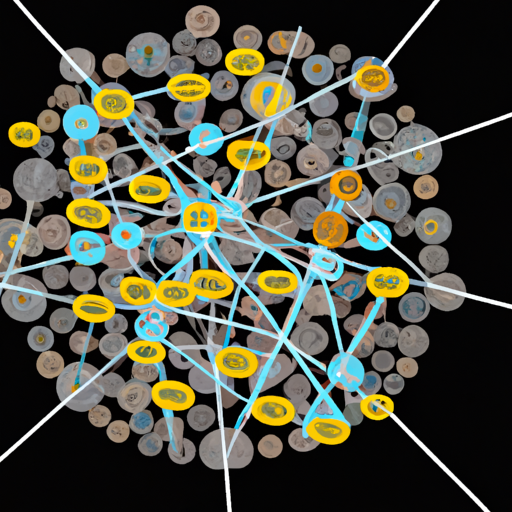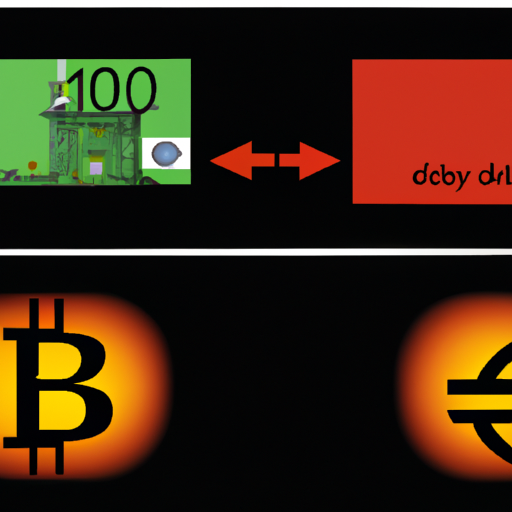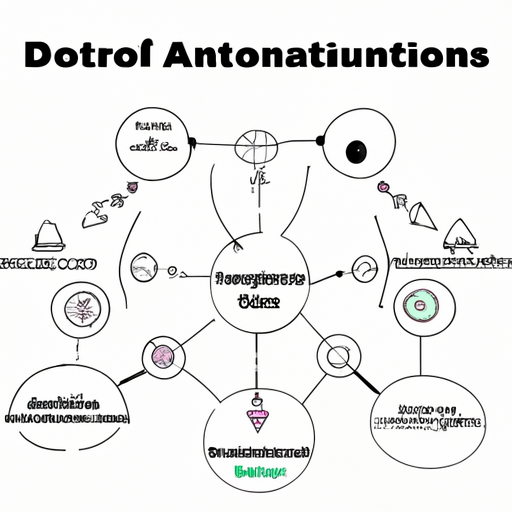
Decoding DeFi: An Introduction and Comparison to CeFi
By: Eva Baxter
Decentralized Finance, commonly known as DeFi, is a paradigm shift in the financial sector enabled by blockchain technology, particularly Ethereum. It refers to the financial applications built on top of blockchain networks. DeFi has emerged as a potent answer to traditional financial systems, offering services like lending, borrowing, trading, yield farming, insurance and more, all in a decentralized, transparent manner.
In contrast, Centralized Finance, or CeFi, is the traditional financial system where intermediaries like banks and financial institutions control financial transactions and services.
Investopedia explains DeFi as 'financial programs operating on public blockchains such as Bitcoin and Ethereum, that offer potential ways to improve traditional financial services, cutting out intermediaries and vastly reducing costs.'
Both DeFi and CeFi have their respective pros and cons. While DeFi promises democratized access, full control over personal assets and increased privacy, it might pose risks due to smart contract vulnerabilities and sudden shifts in crypto market prices. CeFi, on the other hand, offers protection via regulation and insurance but counter with lack of transparency, control and potential for systemic failures.



